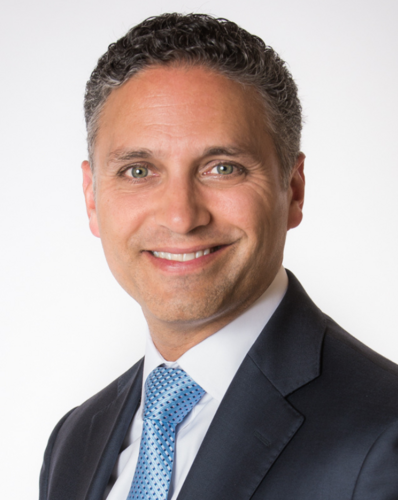New York State Extends Brownfield Cleanup Program in 2022-2023 Budget
May 18, 2022 |
Client Alerts
New York State Governor Kathy Hochul recently signed into law a ten-year extension of the Brownfield Cleanup Program (BCP), including its tax credits as part of the 2022-23 NYS Budget (Budget) (Part LL of Assembly Bill A9008C/Senate Bill S8008). The BCP was set to expire on December 31, 2022, and the ten-year extension now extends these through December 31, 2032 (BCP Extension).
The BCP allows for redevelopment of contaminated properties in New York State through remediation and development incentives, which include liability protection and tax incentives to entice developers to construct on these brownfield sites. As part of the BCP and to be eligible for tax incentives, projects are required to receive a “Certificate of Completion,” (CoC), which establishes that a brownfield site is cleaned up to specified level to be reused and redeveloped. Upon receiving a CoC, the certificate holder has a set amount of time in which to develop the site and within which to use certain credits.
In addition to reauthorizing the program, the BCP Extension changed the timeline within which a project must be developed and certain credits must be used after issuance of a CoC:
- For projects that received a CoC on or after March 20, 2010 but before December 31, 2015, those projects will now have 15 years after the CoC issuance in which to build their project;
- For projects that received a CoC between July 1, 2015 and June 24, 2021, those projects can claim additional site preparation credits and on-site groundwater remediation credits for seven years after issuance of the CoC; and
- For projects that apply in this extended period of the BCP, a CoC must be received by December 31, 2036.
The extension provides welcome assurance as to the future of the BCP. The BCP's imminent expiration generated uncertainty for project financing, where the incentives play a crucial role. However, the extension comes with a cost—BCP applicants will now be charged a $50,000 nonrefundable application fee, payable upon entering into a cleanup agreement under the BCP. Applicants will be able to seek a waiver of the fee for "hardship" under regulations to be drafted by the Department of Environmental Conservation (NYSDEC). The factors in determining financial hardship include (i) whether the applicant waived its rights to the tax credit; (ii) whether the location is in a disadvantaged community or otherwise will be developed as an affordable housing project; (iii) the overall financial health, assets and income of the applicant; and (iv) any other factors deemed relevant.
The extension also brought increased tax credits for sites in disadvantaged communities and for renewable energy facility sites; provides a limited expansion of the types of properties eligible for tax credits; and provides a limited class of sites additional time to complete their projects. The changes took effect immediately upon the Governor’s signing of the law.
For more information on this Client Alert or the BCP in general, please contact Lippes Mathias’ Environment & Energy Team Practice Leader, Ian Shavitz at ishavitz@lippes.com or Senior Associate, Christina Bonanni at cbonanni@lippes.com.
For more information on our Environment & Energy Practice CLICK HERE.



